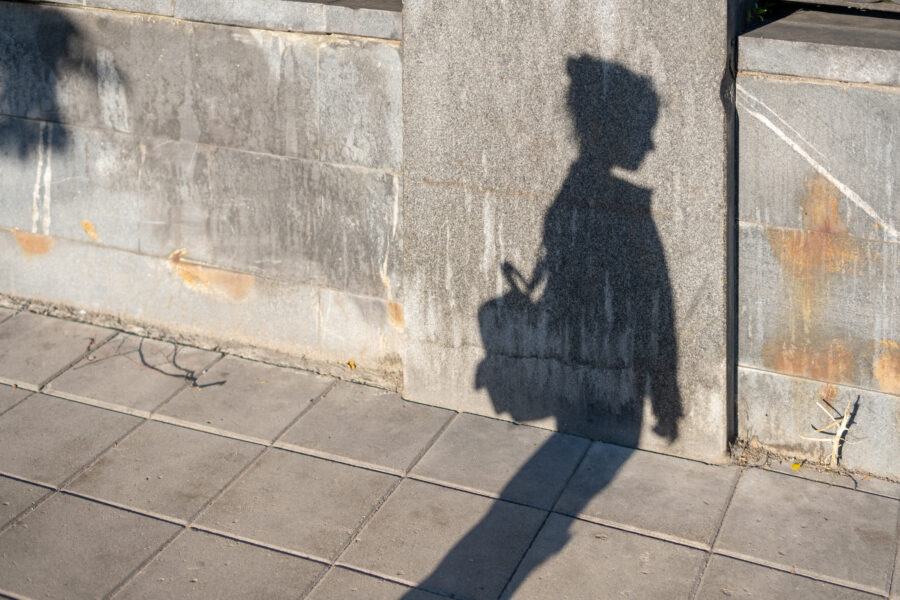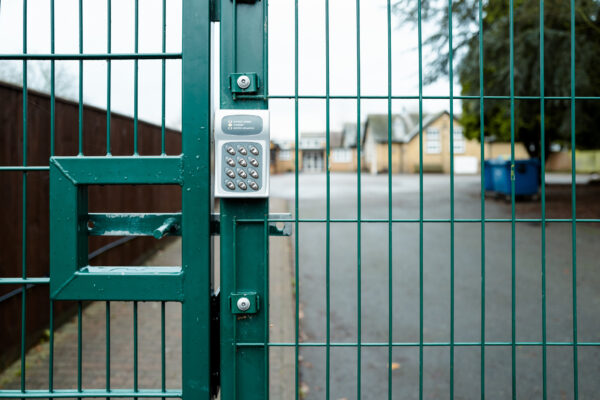
Government publish response to the Mandatory Reporting of Child Sexual Abuse consultation
28 June 2024

On 9 May 2024 the Home Office published its response to the Mandatory Reporting of Child Sexual Abuse consultation. The consultation followed the recommendation of the Inquiry Panel, in the final report of the Independent Inquiry into Child Sexual Abuse (“IICSA”). Their recommendation stated that that the government introduce legislation which places certain individuals under a statutory duty to report child sexual abuse about which they have received a disclosure or which they have witnessed themselves.
The consultation, which closed on 2 November 2023, invited comments on a proposed model for this new mandatory reporting duty. The consultation sought input on a range of questions including who the duty should apply to and the nature of sanctions which should apply to non-compliance with the duty. Overall, 350 responses to the consultation were received from organisations and individuals.
What schools need to know
The government is proposing to set out a list of specific roles – rather than rely on the ‘positions of trust’ legislative definition provided by the IICSA – which will be subject to the mandatory reporting duty to include education staff and volunteers. The full response to the consultation is available here. Below we highlight some of the issues that schools should be aware of.
Confidential services for children
In the responses received to the consultation, concerns were raised that introducing the duty could lead to the closure of, or significant disruption to, services for children and young people where confidentiality is essential to delivery.
This issue was raised particularly in relation to confidential advice helplines and web services. To limit the possible impact on such safe spaces for children to discuss their concerns, and any disengagement from vital safeguarding services as a result, the Home Office have confirmed that they will provide a mechanism which can disapply the duty for disclosures made in very exceptional circumstances. Examples of these include confidential helplines where the loss of confidentiality would fatally undermine the service model.
The role of the designated safeguarding lead
The report acknowledges concerns that the duty must not be introduced in a way that confuses or interferes with existing reporting structures; in the case of education often through the designated safeguarding lead (“DSL”). The Home Office have clarified that a report does not need to be made if another mandated reporter is known to have made a report or will make one in the near future, preserving the role and existing process of DSL’s.
Disclosures by persons aged under 18
The response acknowledges concerns around the impact a criminal response to a disclosure may have on a child who discloses their own ‘perpetration’ of harmful sexual behaviour. It is noted that often many young people in this situation will be victims of sexual abuse themselves.
The Home Office have confirmed that the definition of disclosure will be limited to those which are made by individuals over eighteen years of age, whilst making clear that circumstances where disclosure is received from a child should still receive a robust safeguarding response.
How the disclosure is communicated
To address concerns that limiting the duty to direct disclosures may be disadvantageous to children who cannot speak with relevant adults – i.e., children with SEN and those who are non-verbal or experiencing language barriers – the definition of a ‘disclosure’ will include those which may be made in any form including non-verbal forms of communication.
Reporting ‘signs and indicators’
In response to concerns that a requirement to report ‘signs and indicators’ of abuse could lead to systems being overwhelmed by excessively cautious referrals – e.g., in the case of a child demonstrating withdrawn behaviour – the Home Office have kept the scope of the duty to direct disclosures and witnessed incidents of abuse. The recommendation of the IICSA that indicators or suspicions of abuse should fall under the legal duty has been removed.
Failure to report
The government have removed the IICSA’S recommendation of criminal sanctions for a failure to report witnessed or disclosed abuse. The report sets out how the government intend to instead focus on the safeguarding measure of DBS or regulatory referrals.
Failure to report a disclosure will result in a referral to the DBS or to professional regulators to be potentially barred from working with children. However, the Home Office have confirmed that it will be a criminal offence to obstruct someone covered by a mandatory reporting duty from carrying out their duty. That said, parents who ask that a report be delayed or withheld in the child’s wider interests, for example waiting until they have finished their exams, will be exempt from the criminal charge of obstructing a reporter. This is providing no serious offences, such as bribery, threats or blackmail, have been committed.
Delaying reporting
The Home Office have confirmed that a reporter does not breach the duty if they delay reporting because they consider that doing so is in the best interests of the victim – for example, until a mental health crisis has de-escalated.
Preparing for the duty
The Home Office have confirmed that they will set out clear guidance, statutory or non-statutory, on the operation of the duty and work with regulators and professional standards-setting bodies to ensure the new duty is clearly communicated ahead of implementation.
However, they consider that accommodating familiarisation with the duty within recruitment, induction and working practices will be a key task for all individuals and organisations affected by the duty. Impacted sectors will need to consider any training and materials needed to support the workforce in delivering the duty and improving their response to child sexual abuse.
What happens next?
The Home Secretary informed parliament in January that the Mandatory Reporting of Child Sexual Abuse duty would be brought forward as an amendment to the Criminal Justice bill. However, following the Prime Minister’s announcement of a general election and the subsequent dissolution of parliament, several pieces of legislation, including the Criminal Justice bill, have fallen and will not be enacted. It will be for the next government to decide if they wish to pursue the amendment to the bill and, if so, it will need to be reintroduced and begin the parliamentary process afresh. We will provide further updates in due course.










